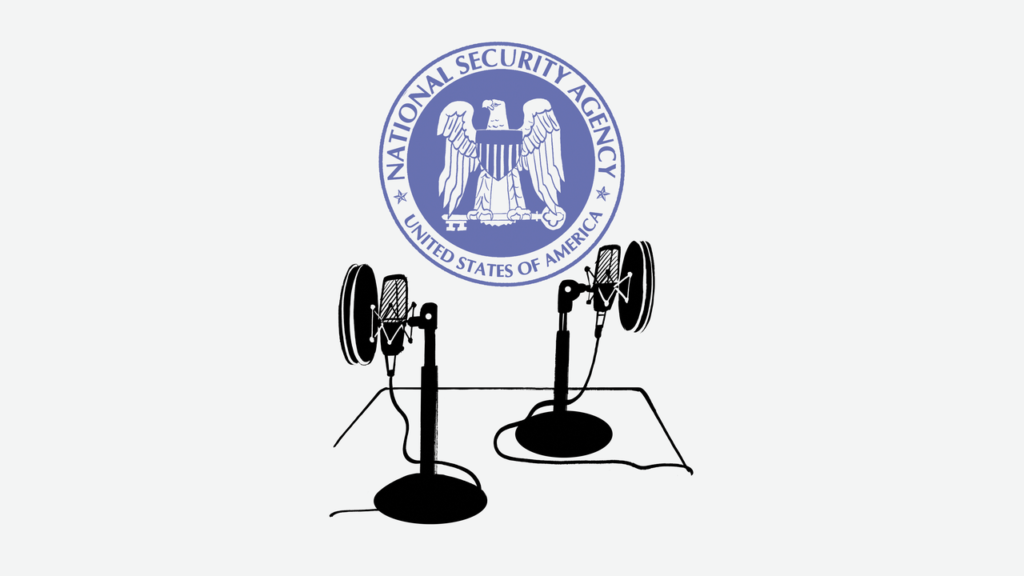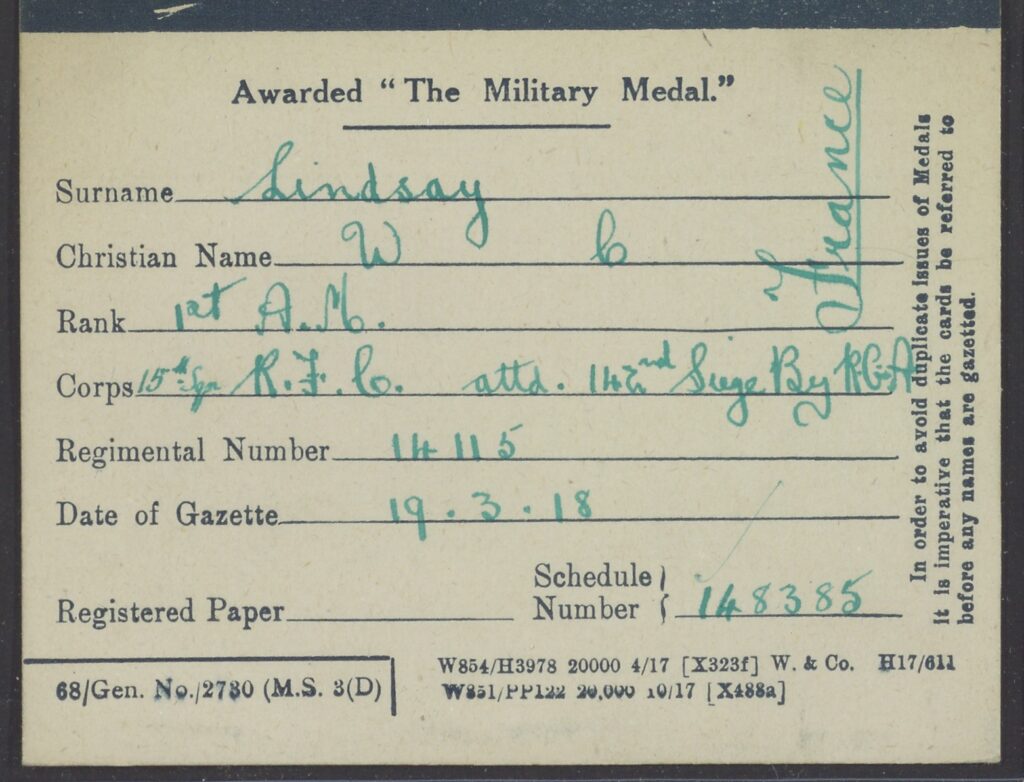The National Security Agency’s new podcast takes its name from the clandestine organization’s own nickname, No Such Agency, and its hosts—Cam Potts, Christy Wicks, Brian Fassler, and John Parker—are all N.S.A. employees. They were the winners of a talent search that was, given the nature of spycraft, held in-house, the house being a giant campus in Fort Meade, Maryland, where the specifics of what the employees do for the Defense Department is, to put it mildly, secret. The podcast, which is only seven episodes old, is the opposite of some of America’s top podcasts: in contrast to “Call Her Daddy” or “The Joe Rogan Experience,” where guests share details about their sex lives or shards of climate denialism, respectively, “No Such Podcast” feels scripted, with four people in a secure N.S.A. studio throwing around terms like “mission capabilities” and “unclassed.” As it happens, everything on the podcast is unclassed—i.e., not subject to security classification. “I mean, before we even go on air, this stuff has been vetted,” Wicks said, Zooming with her co-hosts from N.S.A. headquarters.
“Very vetted,” Fassler added.
Though it mostly feels like a recruiting tool, the frisson of proximity is the tease. A blurb from a recent episode: “It’s 3 a.m. A war has broken out halfway across the world. Someone needs to tell the President.” The episode featured Doug Nieman, the director of the N.S.A.’s National Security Operations Center, or NSOC, and Yemi Rotimi, a systems analyst who works on the NSOC floor. Nieman recounted how the N.S.A. helped get a child hostage released in an unnamed country a decade ago. He said, “It’s a great example of where the things that N.S.A. does are not known by the American public, but they really make a difference.”
Rotimi recalled engaging with a member of the U.S. Cyber Command, when in walked DIRNSA, DIRNSA being both the nickname and the acronym for the N.S.A. director, General Timothy Haugh.
“Uh-oh!” Potts said.
“Pressure!” Wicks added.
“You know?” Rotimi replied.
The vibe on “No Such Podcast” is relaxed, but Potts confessed to feeling some pressure to apply for the host job from his co-workers, who knew that he had a background in TV news, at the NBC affiliate in Baltimore, his home town. (All four hosts grew up there.) He described how his interest in the N.S.A. was sparked by “my very first breaking-news assignment.” An abandoned baby was found in the woods; a witness called the police, then tipped off Potts at WBAL. That led him to tell himself, “Oh, I’ve got to look into crisis comms.” Online, he found an opening for an N.S.A. communications officer. “I applied,” he said. “I didn’t look back.”
Brian Fassler was invited to try out for the host job when he was auditioning for a voice-over on an internal N.S.A. video. He came to the agency after the small local bank he worked for was bought by a larger one. “My job went away,” he said. The podcast’s devotees know Fassler from his conversation with Vinh Nguyen, the N.S.A.’s Chief Responsible AI Officer, in an episode titled “AI and the Future of National Security.” Nguyen, in describing the ways in which the N.S.A. monitors the military plans of foreign leaders, said, “What we found was that A.I. can be embedded through the entire intelligence-analyst workflow.”
Christy Wicks came to her host role after working TV-news jobs in Nebraska, Virginia, and then Baltimore, where she was recruited by the F.B.I. as an intelligence analyst. Fifteen years later, she wound up at the N.S.A. “I moved from telling secrets to keeping secrets,” she said. Wicks’s favorite episode of the podcast is “The Women of NSA: Codemakers and Codebreakers.” It concerns Elizebeth Smith Friedman, a Shakespeare aficionado who, during the Second World War, cracked the German Enigma machine, using pencil and paper, and also Debora Plunkett, who got into code-breaking in the nineteen-eighties. “On her very first rotation, she was in a target area and realized that the call signs of this country were using the French spellings of animal names,” Jen Wilcox, an N.S.A. historian, said.
Wicks’s co-host on “The Women of NSA” was John Parker, who once worked at Medieval Times, selling swords, shields, and knights’ helmets. In an episode titled “What It’s Really Like to Work at NSA,” Parker interviewed two other staffers about the long background checks, the repeated vetting and polygraph tests, and the no-smartphones and no-texting protocols, even when your wife just had a baby—as Parker’s did just before he started the job. In contrast to the twenty-first-century cyber threats they confront, N.S.A. staffers’ own communications are very 1991. “That was kind of an adjustment,” Parker said. ♦


